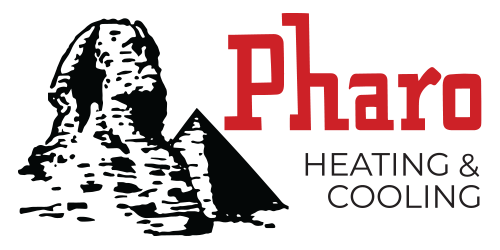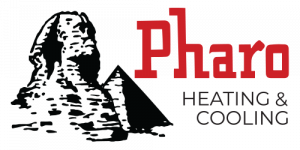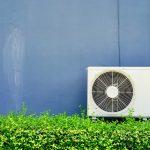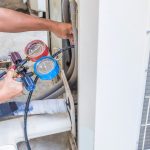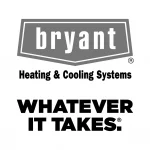Is Adding An Air Purifier To My Furnace or AC Worth It?
Air cleaner and air purifiers are certainly in the news right now as we face the COVID-19 pandemic. The focus on, and demand for, healthy home and work environments has never been higher. While there is a lot of disinformation in the public sphere, we want to help tell the story as an HVAC contractor as you consider how to control odors and germs in your home.
What is an Air Cleaner or Air Purifier?
Installed in the ductwork of a home’s central HVAC system, air cleaning devices are intended to provide a more sophisticated way of trapping and eliminating indoor air pollutants as compared to your standard box or pleated air filter that you are probably used to buying and replacing for a couple dollars. Air cleaning devices may use high efficiency mechanical filters, UV light, or electrostatic force to rid indoor air of microscopic particulates, allergens, and even unhealthy gaseous pollutants.
Who Benefits from an Air Cleaner or Air Purifier?
Air pollutants can cause some serious health issues. According to the EPA, indoor air pollution is a top 5 health risk. Those with serious allergies or asthma can face life-threatening situations as a result of unwanted indoor air pollutants. For these populations, the very young and elderly are the most at risk. If your child or loved one has severe reactions to an indoor allergen or particulate, it makes sense that you’d want to seek out whatever means to eliminate the pollutant from your home.
Some air cleaners and purifiers also claim to come with “germicide” and special “germ killing” technology. If you are prone to bacterial viruses that are spread through the air, an air purifier could be an additional line of defense.
Air purifiers primarily trap or ionize small particulates that easily pass through a standard filter. Particulate matter includes the following:
- dust mites
- molds
- bacteria
- viruses
Some systems may also eliminate gaseous pollutants like tobacco smoke, but also offgassing from products like:
- building materials
- furnishings
- adhesives
- paints
- varnishes
- cleaning products
- pesticides
What are the Types of Air Cleaners and Air Purifiers?
Air cleaners fall into two broad categories: filtration-based systems and other systems. Other systems include UV-light, and UV-light enhanced systems including ozone generators. For good information about available products, the EPA website is a recommended research tool. Below is a chart from the Indoor Air Quality EPA site looking at some of the differences and limitations of device category:
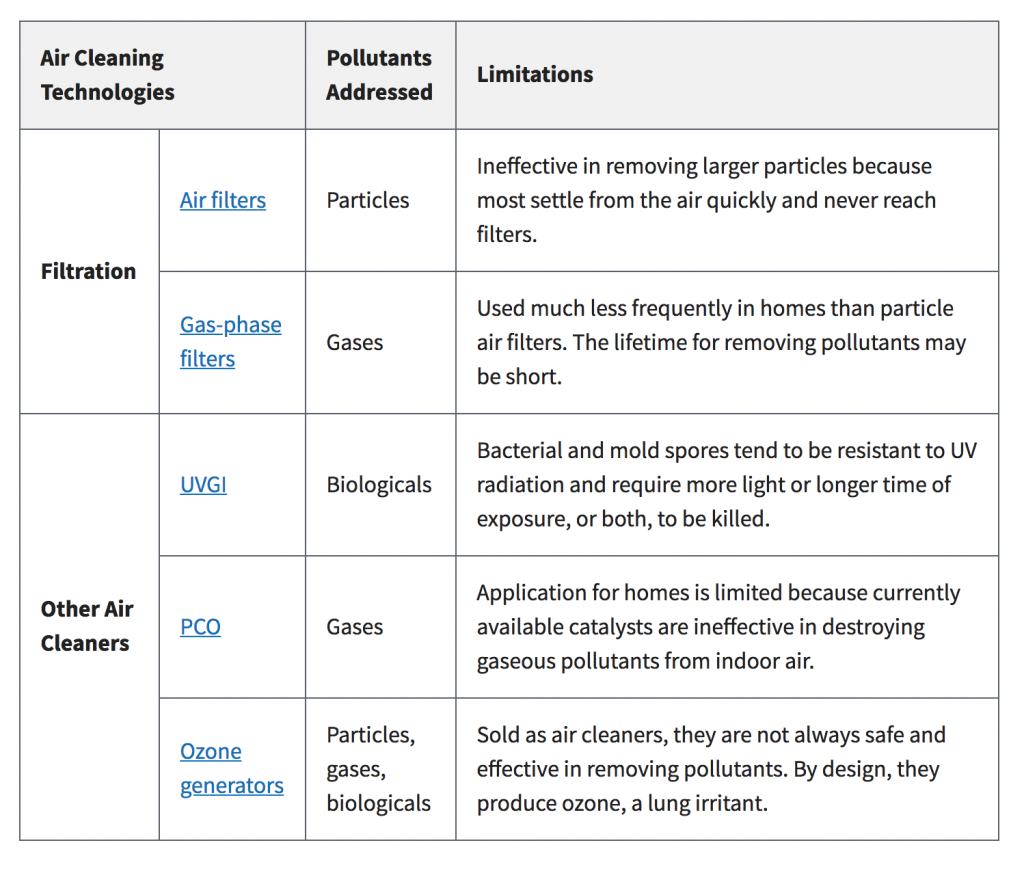
What is a MERV Rating?
If you are researching air filtering devices, you’ve likely seen the MERV rating number. MERV stands for Minimum Efficiency Reporting Value, and this number corresponds to the effectiveness of the filter in trapping particles. Generally, the higher the MERV number, the smaller the particle the filter will catch.
Fiberglass Air Filters: 1-4 MERV rating. These are the cheap $1-2 filters you’ve likely seen before. They remove less than 10% of the air pollutants in your home.
Pleated Air Filters: 10-13 MERV rating and can remove up to 45% of air pollutants.
High Efficiency Air Filters: 14-16 MERV rating and remove up to 85% of pollutants.
HEPA Filters: 17-20 MERV rating and removes up to 98% of air pollutants.
Mechanical air filter-based air cleaners, a common choice, typically combine high MERV rating filter cartridges with additional germicide for bacteria and virus particulates.
Is an Air Cleaner or Air Purifier Worth it?
Air cleaning devices, especially those that integrate into the ductwork of your HVAC system can vary greatly in cost and effectiveness, but they are most affordable when installing with a replacement or new HVAC system. Even though these products are helpful in controlling odors and particulates, the best option is to try to eliminate the source of the pollutant or allergen. Using your resources to get at the source of the problem is the most effective way to improve health and decrease the probability of adverse health effects from indoor air pollutant. The EPA suggests removing mold, doing deep cleaning, or removing other sources first, and then trying an air purifier or high-MERV air filter system if removing pollutants is ineffective or not possible.
To learn more about air purifiers and indoor air quality, contact us at Pharo Heating & Cooling.
ABOUT US
Pharo Heating & Cooling is a full-service HVAC contractor in Madison. Our team provides top quality service for new construction and replacement furnace and air conditioner needs. For garage heating ideas and solutions, trust the experts at Pharo Heating. For more information about annual furnace inspection or concerns, give us a call at 608-849-5410 or submit a contact form through our website.
